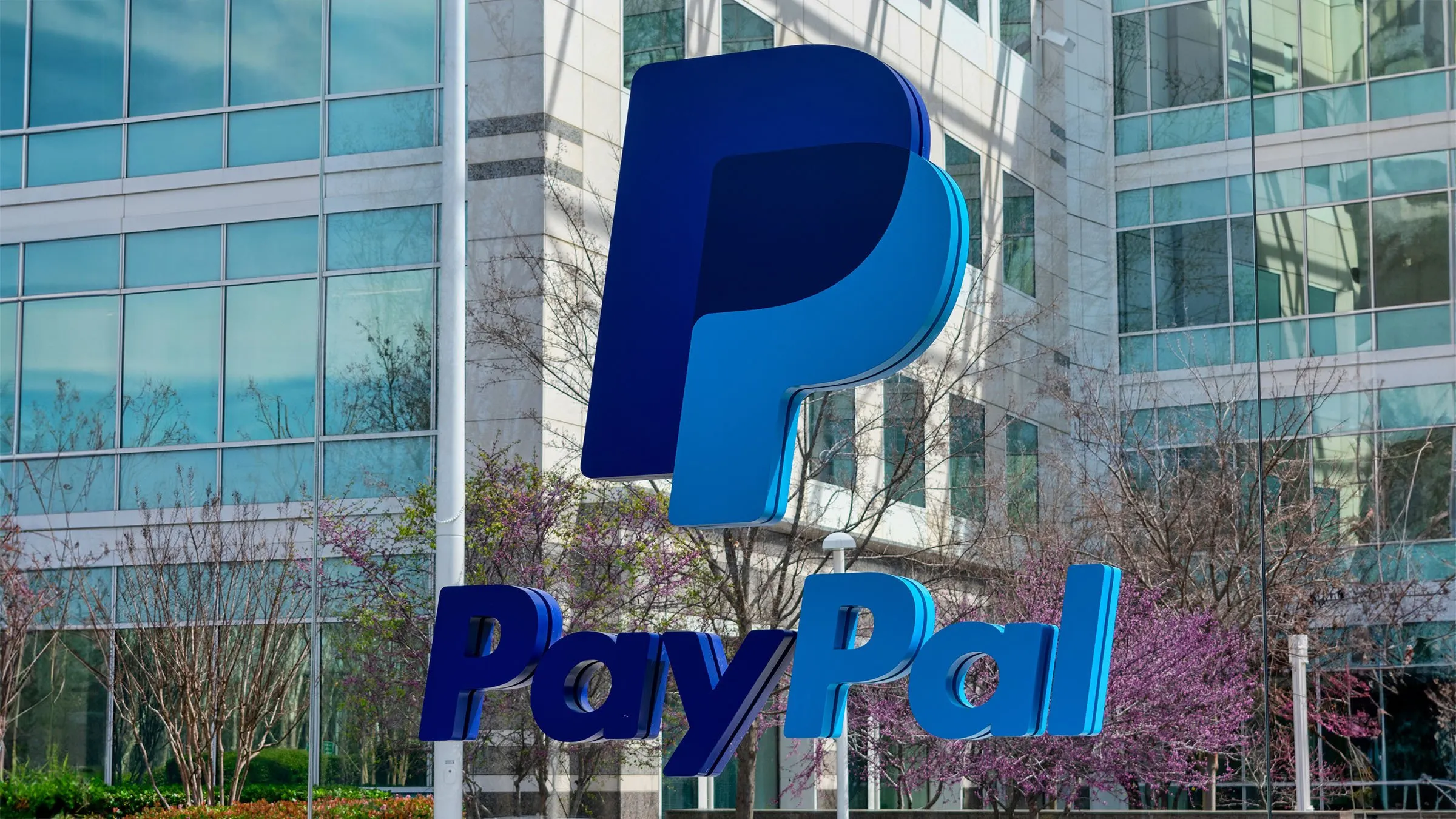Payments firm PayPal yesterday achieved registration with the U.K.'s Financial Conduct Authority (FCA) as a crypto service provider, as confirmed by the FCA's official site.
The registration of "Paypal UK Limited" now allows the firm to offer crypto-related services and products to British users.
Before offering such services in the U.K., businesses must first gain approval, aligning with FCA's regulations against money laundering. PayPal's registration comes a few months after the firm temporarily paused crypto purchases for British customers, citing "new regulatory requirements."
The crypto registration regime came into play back in 2020, with the introduction of the Fifth Money Laundering Directive (AMLD5). This meant the firms looking to operate on the island must notify the FCA and be approved by the financial watchdog.
With this new inclusion in the 2020-initiated register, PayPal also gains the ability to validate its cryptocurrency-linked promotional materials, adhering to the latest marketing standards.
The new rules block unregistered entities from inviting British citizens to invest in cryptocurrencies, a rule that also exists for traditional financial products. Furthermore, any marketing materials must also be approved by the FCA regardless of a firm's registration status.
Failing to comply with the new rules comes with stiff penalties too.
"Anyone who continues promoting cryptoassets to UK customers past the October deadline without complying with the rules may be committing a criminal offence punishable by an unlimited fine and/or up to 2 years imprisonment," read a press release from the FCA in September.
PayPal and crypto
It's been a bumper year for PayPal's crypto ambitions, with the most notable bit of news being that the firm is rolling out a native, dollar-pegged stablecoin.
PayPal USD, as the stablecoin is called, runs on Ethereum and is purportedly backed by short-term treasuries, dollar deposits, and cash equivalents.
Prior to that the payment giant announced in May that users could move crypto purchased on the platform to third-party wallets, as well as a crypto-specific checkout service for merchants in March.
Editor’s note: This article was written with the assistance of AI. Edited and fact-checked by Liam Kelly.

